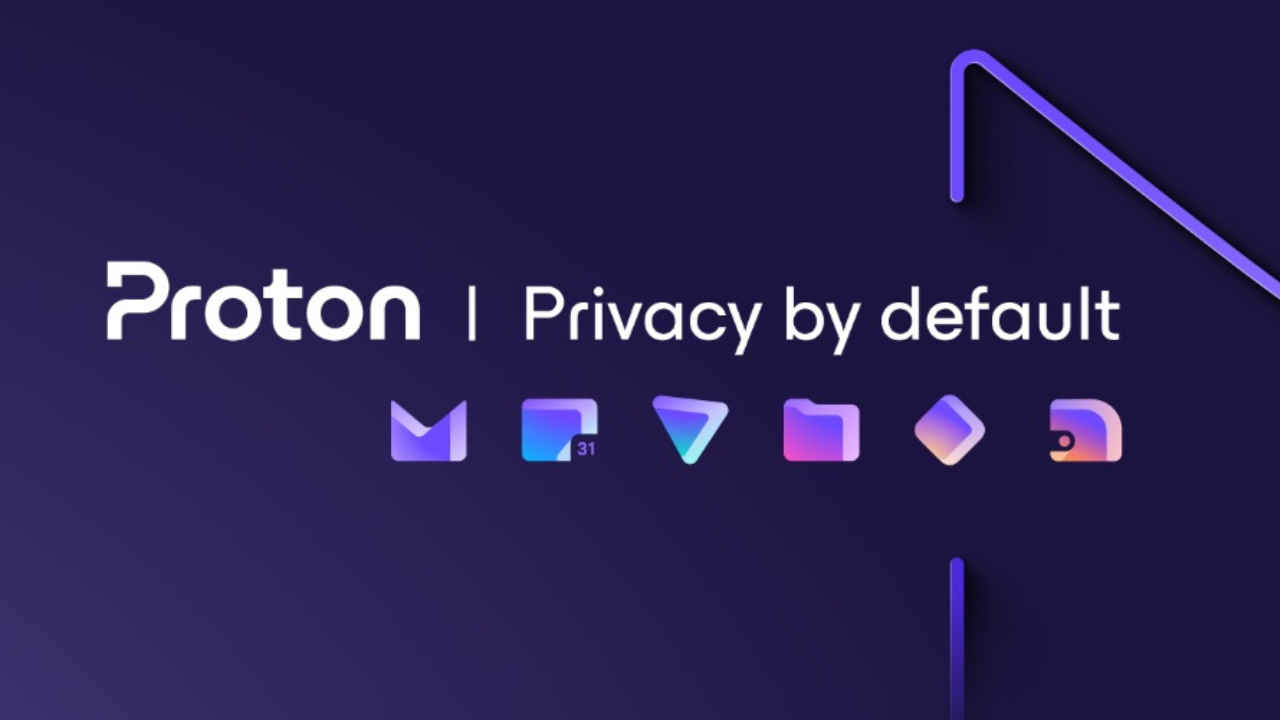
- Home
- Managed Services
- Cyber Security
- Blog
- About Us

We 365 Admin Support, just simplify your IT problems
Call for a free support. +91 96666 59505Platform Partnership
- Who We Help
- Shop
- Contact
- News






HIGHLIGHTS
Table of Contents
ToggleRecently, the Karnataka High Court directed the Indian government to commence the blocking of access to Proton Mail, a Switzerland-based encrypted email service. This judicatory decision was triggered by serious allegations of abuse, including threats to public safety and instances of targeted harassment. During a hearing on Tuesday, Justice M Nagaprasanna ordered immediate blockage of the URLs associated with Proton Mail, pending the resolution of further legal proceedings initiated by the government. Here’s a breakdown of the situation.
The lawsuit that brought Proton Mail under scrutiny was filed by M Moser Design Associates India Pvt Ltd, an interior design firm based in Bengaluru. The company claimed that numerous female employees were subjected to a barrage of disturbing and explicit emails sent through Proton Mail. These messages reportedly contained inappropriate language, AI-generated deepfake images, and sexually explicit content with the explicit intention of harassing and publicly humiliating the recipients.
According to reports, the harmful emails were distributed widely, impacting not only the employees but also clients, vendors, and competitors, leading to reputational harm and affecting the mental health of the involved individuals.
The petitioner highlighted that during the signup process, Proton Mail allows users to select India as their server location. This feature could create a false impression that the service operates under Indian jurisdiction, complicating potential legal actions for those affected.
The demand for a prohibition of Proton Mail gained momentum last year when a series of hoax bomb threats were directed at various schools in Chennai. Authorities found themselves at a standstill due to the end-to-end encryption offered by Proton Mail and the company’s Swiss jurisdiction, which made tracing the origins of the alarming emails nearly impossible. As a result, the Tamil Nadu police requested the government to enforce a ban on the service under Section 69A of the Information Technology Act, citing urgent concerns for national security and public order.
For those who may not be familiar, Proton Mail sets itself apart from conventional email providers by ensuring encrypted communication. This means that neither the service provider nor any third-party entities can gain access to the contents of messages, rendering it virtually impossible to monitor or trace harmful activities.
In light of the High Court’s ruling, the responsibility now lies with the Union Government to act according to relevant provisions of Indian law. Until a final verdict is reached, URLs associated with Proton Mail will remain blocked in India.